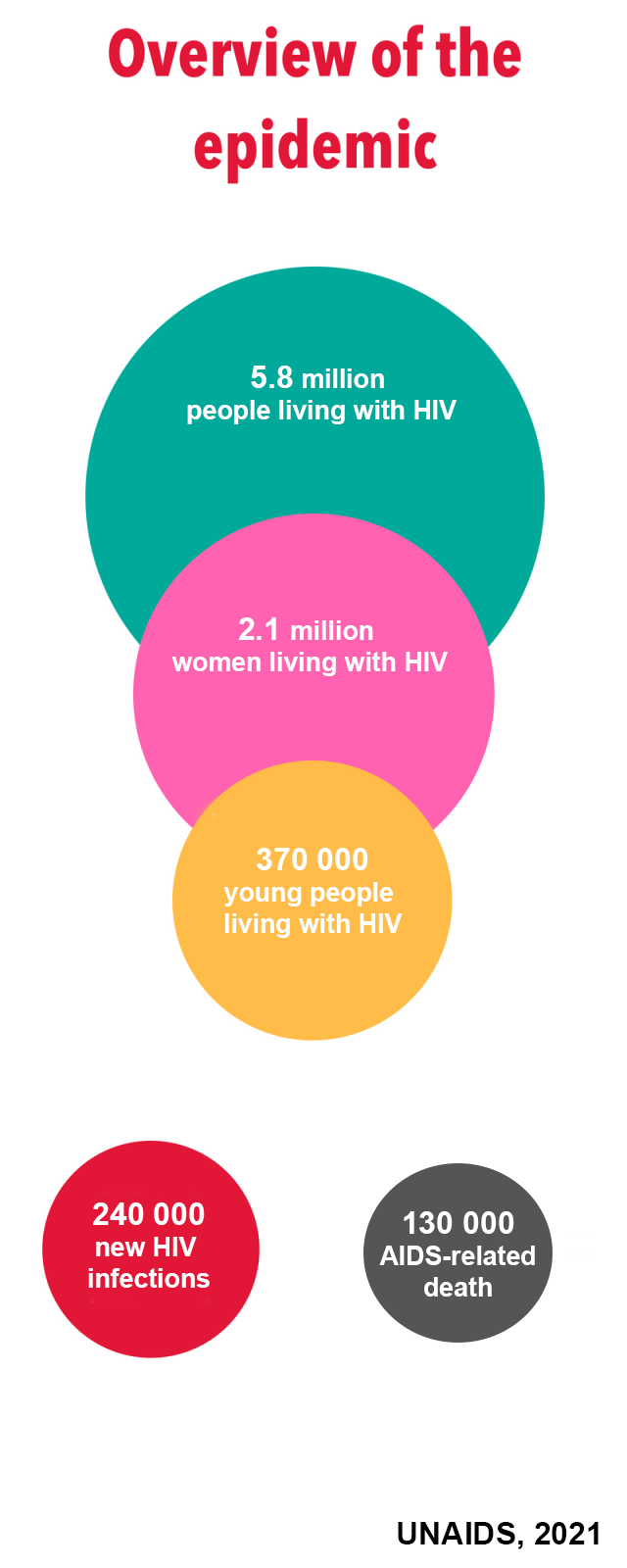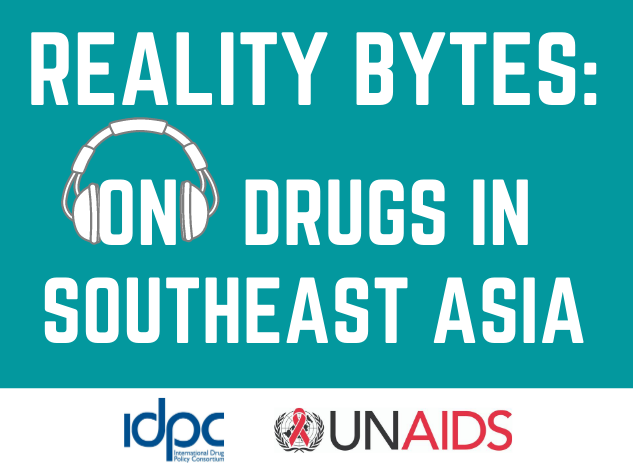UNAIDS calls for the protection of human rights in Asia and the Pacific as a path to ensuring health for all

A health- and rights-focused paradigm is needed to address the needs of people who use drugs
GENEVA/BANGKOK, 29 February, 2024—Commemorated on March 1st, Zero Discrimination Day was established by UNAIDS ten years ago to advance equality and fairness for all regardless of differences including HIV status, age, ethnicity, gender and sexuality. This year’s theme—”to protect everyone’s health, protect everyone’s rights”—stresses the link between human rights and public health. Countries are encouraged to create legal and policy environments that support evidence-informed and rights-based HIV responses for all people. This includes addressing stigma and discrimination in all settings.
“The attacks on the rights of marginalized and key populations that we are seeing in many parts of the world are a threat to freedom and democracy and are harmful to health,” said Winnie Byanyima, Executive Director of UNAIDS. “When laws, policies and practices lead to punishment and discrimination, communities are pushed away from vital health and social services.” (The key populations are men who have sex with men, people who use drugs, people in detention and other closed settings, sex workers and transgender people.)
Through the 2021 political declaration on HIV and AIDS, United Nation Member States committed to ensure that:
- less than 10% of countries have punitive laws and policies;
- less than 10% of people living with HIV and key populations experience stigma and discrimination; and
- less than 10% of women and girls and key populations experience gender inequality and violence.
Across Asia Pacific, 38 countries criminalize some aspect of sex work, 28 criminalize drug possession, 20 criminalize HIV transmission, exposure or non-disclosure, 17 criminalize same sex relations and 14 restrict the entry, stay or residence of people living with HIV.
The Asia Pacific situation
“Every person has the right to the highest attainable standard of health,” said Eamonn Murphy, UNAIDS Regional Director for Asia Pacific and Eastern Europe Central Asia. “Countries have an obligation to develop and implement laws and policies that guarantee universal access to quality health services and address the source of health disparities.”
Discriminatory legal environments hinder key populations’ access to HIV prevention services, including harm reduction. Fear of arrest or harassment by law enforcement also negatively impacts the health and well-being of people living with HIV and key populations. These are critical barriers for Asia and the Pacific where four of every five (79%) new infections in 2022 were among key population communities and their sexual partners.
“People living with HIV who perceive high levels of stigma and discrimination are more than twice as likely to delay enrolment in care until they are very ill,” explained Harry Prabowo, Program Manager of the Asia Pacific Network of People Living with HIV (APN+).
Focus on people who use drugs
The situation of people who use drugs is especially urgent. Many countries in the region operate compulsory detention centres. These facilities are a form of confinement where those thought, or known to be, using drugs are forcibly admitted without due process for “treatment”. Conditions have been reported to involve forced labour, lack of adequate nutrition, and denial or limited access to healthcare. Stakeholders continue to advocate for the end of compulsory treatment in the region in the face of evidence that the transition to voluntary, evidence-informed and human-rights-based services has slowed.
Additionally, Asia Pacific is home to 70% of the people worldwide who require Opioid Agonist Maintenance Treatment (OAMT)—medicines to prevent withdrawal and reduce cravings. But the regional median for people receiving OAMT is just six percent. Among all key populations, people who inject drugs have the lowest level of access to comprehensive prevention.
The Network of Asian People who Use Drugs (NAPUD) stresses that in the absence of legally conducive environments, people who use drugs cannot tap into appropriate services.
“Healthcare providers lack empathy and have hostile behaviors, while law enforcement personnel apply violence and abuse,” says Francis Joseph, NAPUD Regional Coordinator. “Because they feel unwelcome and dejected in the healthcare facilities, that leads to them going into the shadows and not seeking services”.
To assure the health and rights of people who use drugs there must be increased investments in implementing voluntary community-based drug treatment along with complementary health, harm reduction and social support services.
Progress and the way forward
Throughout the region there are examples of law and policy reforms that bolster human rights while increasing access to health services. India’s HIV and AIDS (Prevention & Control) Act has set up redress mechanisms so people living with HIV can assert their rights in cases of discrimination. The Philippines HIV and AIDS Policy Act allows minors from age 15 to receive HIV tests without parental consent. In Thailand a new Narcotics Law provides for differentiated sentencing on drug crimes and alternatives to imprisonment for some offences. And in the Cook Islands parliament decriminalized same-sex sexual activity.
“Through upholding rights for all, we will be able to achieve the Sustainable Development Goals, and to secure a safer, fairer, kinder, and happier world for everyone,” Ms Byanyima said.
On this Zero Discrimination Day and during the whole month of March, events and activities will remind the world of this call to action.
Access the 2024 Zero Discrimination Day website and social media materials
Contact
UNAIDS Bangkok | Cedriann Martin | tel. +66 2288 1234 | martinc@unaids.org
UNAIDS
The Joint United Nations Programme on HIV/AIDS (UNAIDS) leads and inspires the world to achieve its shared vision of zero new HIV infections, zero discrimination and zero AIDS-related deaths. UNAIDS unites the efforts of 11 UN organizations—UNHCR, UNICEF, WFP, UNDP, UNFPA, UNODC, UN Women, ILO, UNESCO, WHO and the World Bank—and works closely with global and national partners towards ending the AIDS epidemic by 2030. Learn more at unaids.org and connect with us on Facebook, Twitter, Instagram and YouTube.
 UNAIDS Asia-Pacific
UNAIDS Asia-Pacific 


